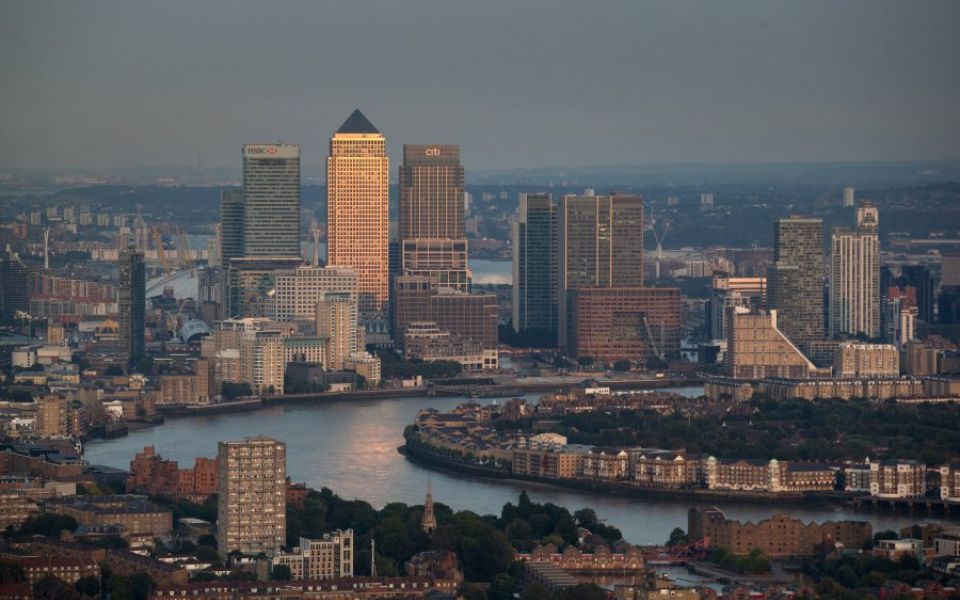Evasion clampdown: Treasury to make £12.7bn from new global minimum corporation tax
The Treasury expects that it will make nearly £13bn from the new global minimum corporation tax, which went live at the beginning of the year.


The Treasury expects that it will make nearly £13bn from the new global minimum corporation tax, which went live at the beginning of the year.
Over the first six years of the tax’s introduction, Treasury estimates suggest it will bring in around £12.7bn. In 2022/23, corporation tax receipts in the UK were around £80bn.
The new tax regime, whose introduction was driven by the OECD, forms part of a global attempt to clamp down on corporate tax evasion.
The rules have been agreed by 140 countries, including the UK, eurozone and a number of tax havens.
Pillar 2 of the strategy tests whether large multinational firms with a revenue of over €750m are subject to a 15 per cent minimum effective tax rate in every jurisdiction in which they operate.
It means that if a multinational company headquartered in the UK has a subsidiary located in a low-tax jurisdiction, then the UK can charge a top-up tax to bring the effective rate paid on the subsidiary’s profits up to 15 per cent.
This means any country that maintains a corporation tax rate below the minimum will effectively be passing up taxable income, encouraging them to lift their tax rate.
“The proposal encourages countries to adopt a minimum rate out of concerns that businesses have to pay the minimum tax rate anyway when they operate in that country, but that country would not get to collect the tax if it does not increase its rate,” Sandy Bhogal, global co-chair of the tax group at Gibson, Dunn & Crutcher, said.
The Treasury said that implementing the rules will protect the UK from “aggressive tax planning by large multinationals” and help “level the playing field for tax competition that has been tipped in favour of no or low tax jurisdictions”.
Worldwide the tax is expected to raise between $155-192bn, an increase of up to eight per cent on global corporation tax take.
The OECD hopes the new rules will help prevent a race to the bottom on tax levels among competing jurisdictions.
The organisation estimates that only about seven per cent of corporate profits will be taxed below the 15 per cent threshold once the global minimum is in place, down from 36 per cent currently.
Experts suggested that the introduction of the regime will shift how different jurisdictions compete for international investment.
“The battle will most likely shift towards designing tax incentives that are more favourably treated under the minimum tax rules, such as qualified refundable tax credits,” Miles Dean, head of international tax at Andersen LLP said.
Qualified refundable tax credits are tax reliefs for businesses which will not count towards the effective tax rate, including reliefs on R&D investment.


